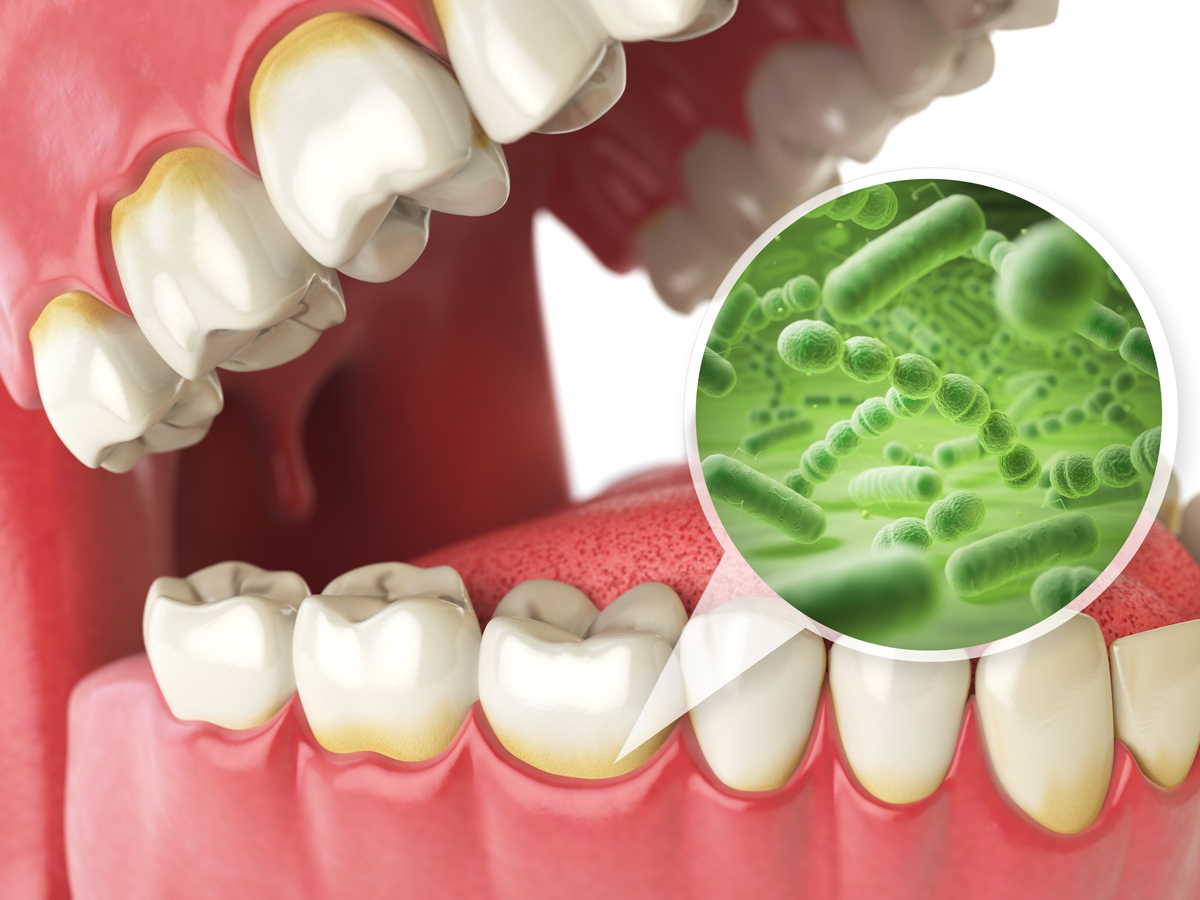For those of us living through these strange times in lockdown there is a bombardment of information ( under constant review), of strategies to address and possibly prevent COVID-19. So let us look at the evidence for Vitamin D and examine whether it has any role in us contracting the virus or preventing severe outcomes. Our first line of defence is our immune system and strategies to maximise our immune competence are probably equally as important as the behavioural changes that we have all had to make during this pandemic.
It is more than possible that government advice to remain indoors has been unhelpful in regard to our Vitamin D levels. In the late winter/early spring the population of northern European countries can be widely deficient in Vitamin D. Our dominant source of Vitamin D is the synthesis of ultraviolet rays of sunlight on the skin, without sunscreen, and in most of the UK we are unable to make Vitamin D from September to April. Vitamin D deficiency is therefore common in the early Spring. The darker our skin tone, the more compromised this process is likely to be.
Vitamin D is both a nutrient and a pro-hormone, and it is difficult to exaggerate the importance of it for every function in our body, from immunity to hormonal health, skeletal health and mental wellness. Every cell in the body has receptors that bind to Vitamin D. The relationship to immunity and COVID 19 seems to be two fold. Firstly there is a growing scientific consensus that optimal Vitamin D levels can lower the accessibility of ACE2 receptors that SARS-Cov-2 uses to enter cells, as well as other beneficial effects on innate immunity. Secondly, as a regulator of immunity it is possible that Vitamin D has a role in modulating the possibility of the poorly understood cytokine storm phenomena that has been responsible for a high proportion of fatal outcomes in this epidemic. It is possible that this is a factor in the observations that children are less likely to be adversely affected. Children rely more on their innate immune system rather than their acquired immune system, which is more likely to overreact. (https://www.sciencedaily.com/releases/2020/05/200507121353.htm– Vitamin D Appears to Play a Role in COVID-19 Mortality Rates).
A recent paper (May 2020) in the British Medical Journal Nutrition, Prevention and Health entitled Vitamin D and SARS-CoV-2 virus/COVID-19 disease (https://nutrition.bmj.com/content/early/2020/05/13/bmjnph-2020-000089) explores the current research linking Vitamin D to influenza, upper respiratory tract infections, and immune health, and is well worth reading.
Who is more likely to be Vitamin D deficient? Obviously, those who spend little time in the sun, wear more skin covering garments, wear sunscreen and have darker skin tones are more vulnerable. The elderly who spend little time outdoors are vulnerable. Pregnant and breastfeeding women generally need supplementation. Obesity can result in deficiency. And finally those who don’t eat enough food sources of Vitamin D – eggs, dairy products, red meat, oily fish and mushrooms. Vitamin D has many cofactors required for absorption so it is important to eat green leafy vegetables such as spinach to optimise your levels. However it is difficult if not impossible to gain enough Vitamin D from food sources alone.
I can arrange testing to establish your current level, and it is preferable to do this before simply taking a supplement as excess levels of Vitamin D are unhelpful.
https://www.holistic-care.co.uk/2020/05/28/vitamin-d-and-sars-cov-2-virus-covid-19-disease/



This Post Has 0 Comments